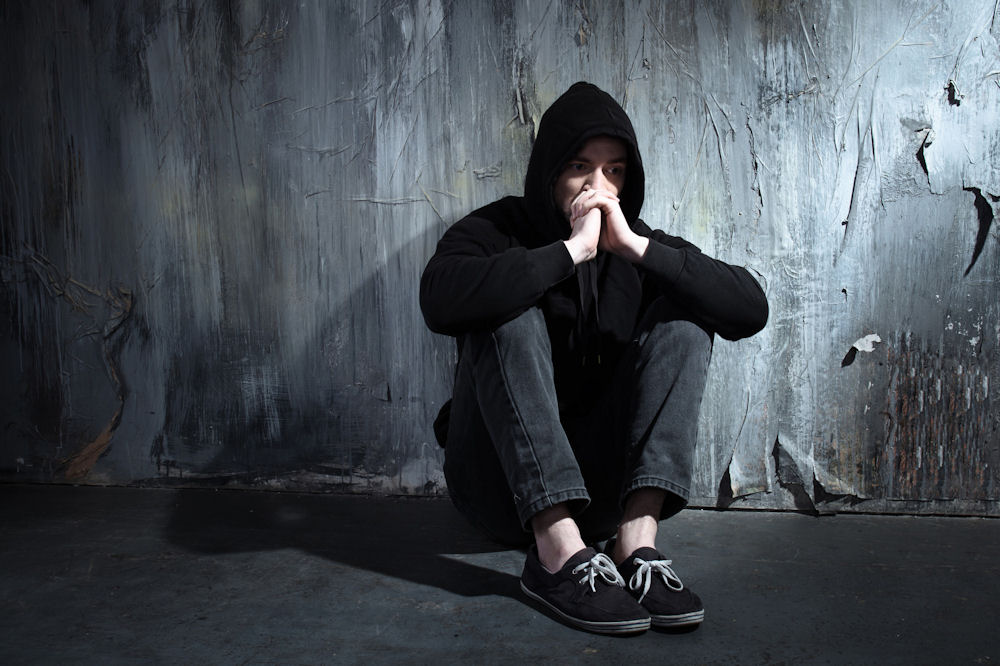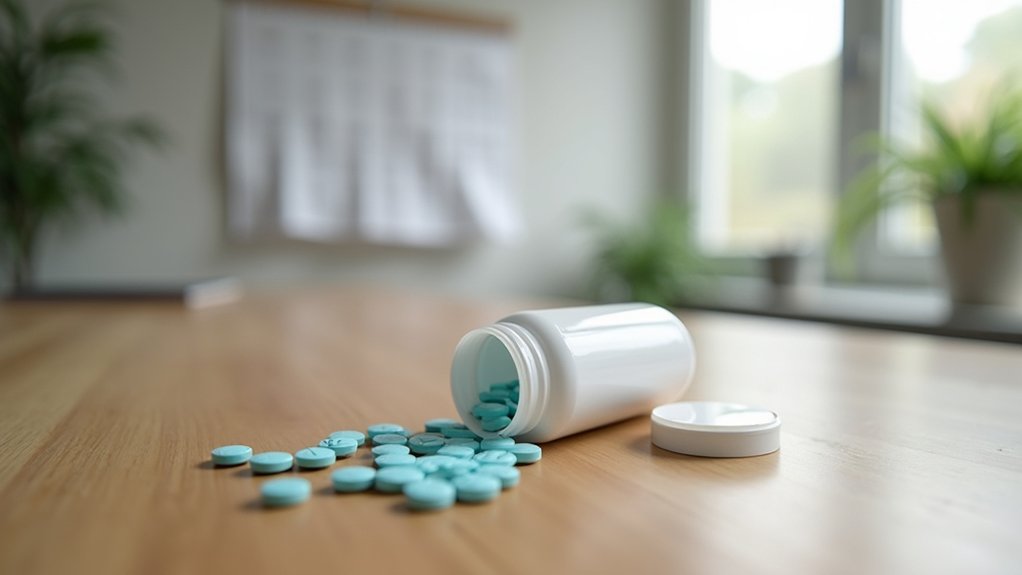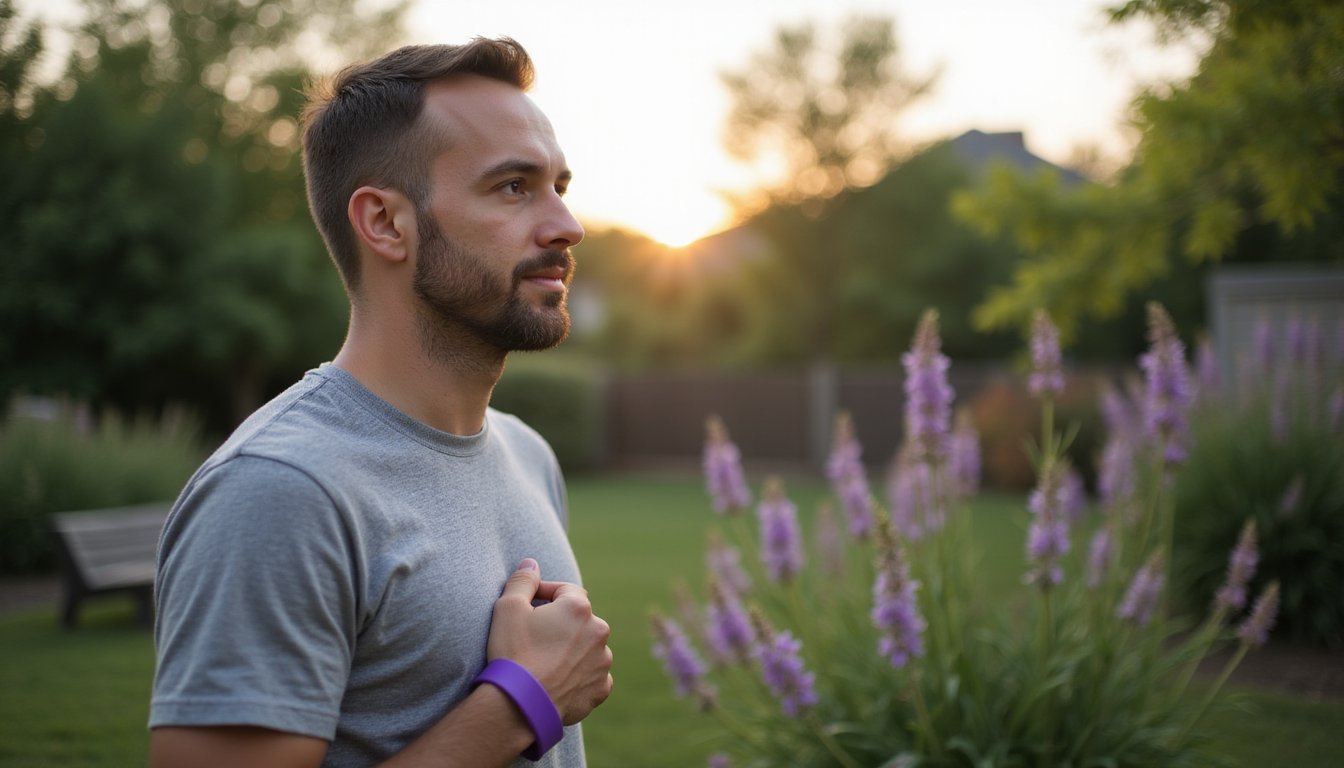Alcohol and Sleeping Pills: A Deadly Combination
Would you ever consider mixing sleeping pills and alcohol? For many, it may seem like an easy way to get a restful night’s sleep. People often turn to alcohol to unwind, but over time, one drink may no longer provide the same calming effect. Frustrated by poor sleep or anxiety, some may then use sleeping pills, thinking they’ll help them fall asleep more easily. However, this combination can be extremely dangerous. Each of these substances affects the body in unique ways, and when combined, their effects can become amplified and unpredictable.
In this blog, we’ll explore why mixing sleeping pills and alcohol is so risky, and how these substances interact in the body. Whether you’re considering the combination or simply curious about its effects, understanding the dangers is crucial for protecting your health.
Mixing Alcohol and Sleeping Pills
When you mix alcohol with sleeping pills, the results can range from mild dizziness to life-threatening respiratory depression. Alcohol is a depressant, meaning it slows down the central nervous system (CNS), which can make you feel relaxed or drowsy. Similarly, most sleeping pills—whether prescription medications like benzodiazepines (e.g., Valium, Xanax) or over-the-counter options—also act as CNS depressants. This means that their combined effect can slow the heart rate, lower blood pressure, and make it much harder for you to stay conscious.
The most dangerous risk of combining alcohol and sleeping pills is respiratory depression. This occurs when both substances suppress breathing to the point where you may stop breathing altogether. In extreme cases, this can lead to coma or death.
How Sleeping Pills and Alcohol Affect the Body
The body is a delicate system, and introducing multiple depressants at once can disrupt normal functioning. Let’s break down how alcohol and sleeping pills affect the body separately before examining what happens when they’re mixed.
Effects of Sleeping Pills
Sleeping pills, also known as sedative-hypnotics, help people fall asleep by affecting the brain’s neurotransmitters, particularly gamma-aminobutyric acid (GABA). While effective for insomnia or anxiety, they come with several risks, especially if misused:
- Dizziness
- Memory impairment
- Impaired coordination
- Increased risk of addiction
- Tolerance buildup (requiring higher doses)
- Potential overdose risk
- Drowsiness the next day (hangover effect)
Effects of Alcohol Abuse on Sleep
Alcohol is often used to help people relax, but while it may help you fall asleep initially, it disrupts the quality of sleep in the following ways:
- Disrupted REM sleep (important for restorative sleep)
- Fragmented sleep (frequent awakenings)
- Poor sleep quality (leading to feeling unrested)
- Next-day fatigue and grogginess
- Increased risk of developing insomnia with long-term use
- Dependence on alcohol to fall asleep creates a cycle of reliance

Sleeping Pills, Alcohol, and the CNS
The central nervous system is responsible for regulating everything from your heartbeat to your sleep-wake cycle. When alcohol and sleeping pills are consumed together, they act in concert to depress the CNS. Alcohol slows down brain activity, impairing judgment, coordination, and reflexes. Sleeping pills do the same, though in a more targeted way, as they are specifically formulated to induce sleep.
When combined, these two substances magnify each other’s effects. For instance, alcohol can increase the sedative effects of sleeping pills, leading to profound drowsiness and reduced motor control. In extreme cases, the CNS may become so depressed that it can lead to unconsciousness, coma, or even death.
Sleeping Pills and Alcohol: Why a Deadly Combination?
So, why is this combination so deadly? The answer lies in the way both substances suppress vital bodily functions. Alcohol and sleeping pills, when mixed, can dangerously slow down the respiratory system, making it difficult for the body to take in oxygen. This lack of oxygen can result in a range of serious consequences, from brain damage to organ failure. In many cases, it can lead to death.
One of the biggest risks of mixing alcohol with sleeping pills is that you may not even be aware of the severity of the situation. The calming effects of alcohol and sleeping pills may make you feel drowsy or even relaxed, but they can impair your ability to realize how close you are to a dangerous overdose.
Effects of Sleeping Pills
Sleeping pills come in different forms, but they all share similar mechanisms of action. Here are some common sleeping pills and their effects on the body:

Benzodiazepines (e.g., Xanax, Valium, Ativan)
Z-drugs (e.g., Ambien, Lunesta, Sonata)
These medications are often prescribed for short-term treatment of insomnia. They work similarly to benzodiazepines but are more targeted in their action. Like benzodiazepines, they are highly dangerous when mixed with alcohol.
Antihistamines (e.g., Benadryl, Unisom)
While not technically sleeping pills, over-the-counter antihistamines are commonly used for their sedating effects. Alcohol can increase the sedative properties of these drugs, resulting in an increased risk of falls, dizziness, and overdose.
Melatonin Agonists (e.g., Rozerem)
These medications work by targeting melatonin receptors in the brain to regulate the sleep-wake cycle. While melatonin agonists are considered safer than other sedatives, mixing them with alcohol can still impair judgment, coordination, and cognitive function, leading to an increased risk of accidents or impaired sleep.
Overview of Common Sleep Medications
Sleep medications come in many forms, both prescription and over-the-counter, each designed to address different causes of sleep disturbances, such as insomnia, anxiety, or jet lag. These medications vary in strength and potential for dependency, ranging from non-habit-forming options like melatonin to stronger sedatives like benzodiazepines. While they can be effective in helping people fall asleep, it’s important to use them responsibly and with caution, especially when alcohol is involved. Combining these substances can increase the risk of dangerous side effects and even overdose, making it essential to understand their impacts and potential for abuse.
Whether prescribed by a doctor or purchased over-the-counter, sleep medications should never be taken without proper guidance. If you or someone you love is relying on sleep aids frequently, it’s important to consult a healthcare professional. There may be underlying issues, such as anxiety disorders, depressive disorders, or chronic pain, that need to be addressed to improve sleep without the need for medication. It’s also crucial to be mindful of the risks associated with long-term use of sleep medications, as the body can develop a tolerance, leading to higher doses or the need for stronger medications.
Effects of Alcohol Abuse on Sleep
Long-term alcohol abuse disrupts the natural sleep cycle, particularly the REM stage, leading to poor-quality and fragmented sleep. As the body becomes dependent on alcohol to fall asleep, larger amounts are required over time to achieve the same effect. This can result in sleep deprivation and insomnia, making it increasingly difficult to sleep without alcohol and reinforcing the cycle of dependence.
Recent statistics highlight the widespread impact of alcohol abuse on sleep. According to the National Institute on Alcohol Abuse and Alcoholism (NIAAA), 14.5 million adults in the U.S. struggle with alcohol use disorder, and many also experience sleep disturbances such as insomnia. Cognitive-behavioral therapy for insomnia (CBT-I) is an effective treatment for addressing both alcohol use and sleep problems, offering a healthier, long-term solution.
Find Help for Drug and Alcohol Addiction at Immersive Recovery
If you or someone you love is struggling with alcohol abuse, sleeping pill dependence, or both, it’s never too late to get help. At Immersive Recovery, we provide personalized, compassionate care to help individuals overcome alcohol addiction and reclaim their health and well-being. Our programs focus on holistic recovery, ensuring every individual gets the support they need to achieve lasting sobriety. Addiction doesn’t have to define your life, and recovery is possible with the right guidance and treatment. If you’re ready to take the first step, our team at Immersive is here to help. Talk to us today!





